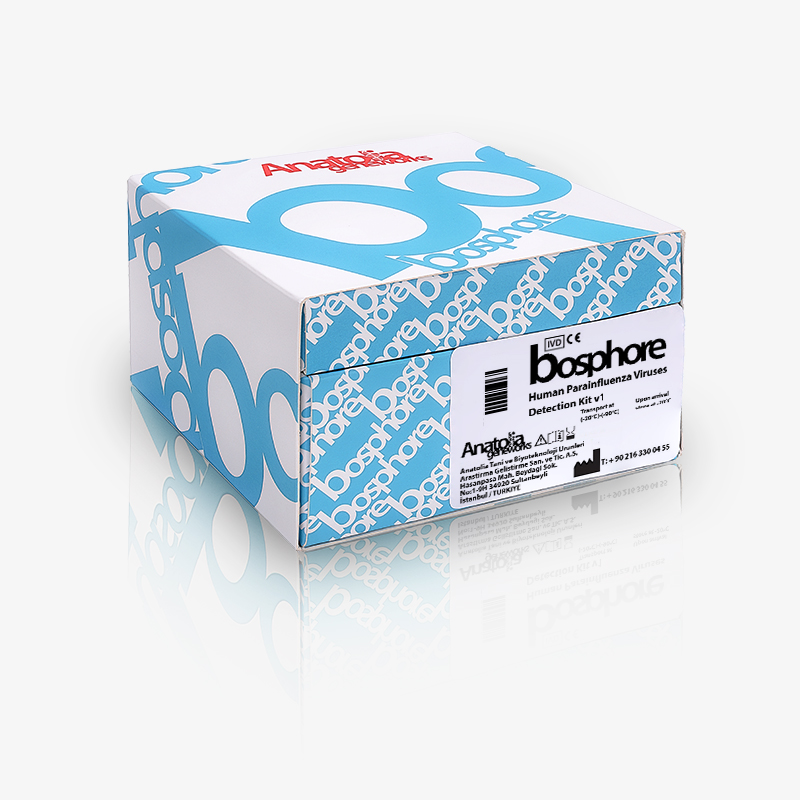
Pneumonia is a common infection affecting the lower respiratory tract and can lead to serious health problems worldwide. Pneumonia can be a major concern, especially in the elderly, people with chronic diseases and people with weakened immune systems. In this article, we will cover the basics of what pneumonia is, how it occurs and how it is diagnosed.
What is Pneumonia?
Pneumonia is inflammation of the lung. It can be caused by various pathogens such as bacteria, viruses and fungi. The infection causes inflammation of the air sacs (alveoli) in the lungs. The sacs, which are now filled with inflammation-fighting immune cells and serum fluid, lose their air content and become unable to exchange oxygen. If pneumonia has spread throughout the lungs, the oxygen level in the blood may decrease and respiratory failure may occur.

Although simple treatment methods such as antibiotics are widespread and accessible nowadays, pneumonia is the first cause of infection-led death in children under 5 years of age worldwide. Pneumonia can progress more severe and fatal, especially in infants, children, the elderly and people with other known diseases.
What are the Symptoms?
Symptoms of pneumonia are similar to flu and colds, but more severe. Symptoms may be as follows:
- Intense cough and sputum production
- Shortness of breath and rapid breathing
- Chest pain and tenderness of the chest
- Fatigue and weakness
- Fever, chills and sweating
- In some cases, blue-coloured lips or nails
Pneumonia Diagnosis
Although pneumonia can be a serious disease, usually it is successfully managed with early diagnosis and appropriate treatment. Treatment of pneumonia depends on the type of infection. Many different pathogens can cause pneumonia. Thus, treatments are pathogen-specific. Bacterial pneumonia is usually treated with antibiotics, while viral pneumonia can be treated with antiviral drugs. In order to choose the right treatment method, it is important to diagnose the causative agent of the infection correctly.
Respiratory tract samples can be used to diagnose pneumonia. Bacteria known as pneumococci are the most common cause of pneumonia. A culture test can be performed for bacterial pneumonia infection. Culture tests usually give results between 48-72 hours. This period reduces the chance of early intervention, which is highly important for patients. In addition, this test method is ineffective in detecting viral agents of pneumonia. The situation has led to improved diagnostic methods that could provide faster and more comprehensive results.
Real-time PCR testing of respiratory samples can diagnose the pathogens causing pneumonia, whether viral, bacterial or fungal, with high accuracy and in a short time. Thus, it allows the correct intervention promptly.

Due to the high variety of disease-causing agents, comprehensive screening of possible bacterial and viral species is the most important step towards accurate diagnosis and treatment.
Bosphore Respiratory Pathogens Maxi Panel Kit aims to help healthcare professionals by detecting 32 different pneumonia-causing bacteria, viruses and fungi in a single test with high accuracy. The kit is designed to provide trouble-free and easy-to-interpret test results with the help of its internal control and positive controls.




